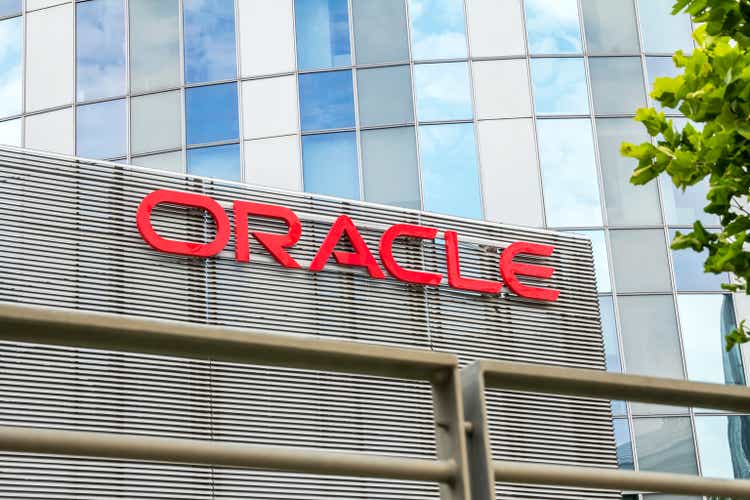- In today’s CEO Daily: Diane Brady talks to Snehal Antani, CEO of cybersecurity company Horizon3.ai.
- The big story: Trump meets Putin.
- The markets: Mostly flat.
- Plus: All the news and watercooler chat from Fortune.
Good morning. As President Trump prepares to meet with Russian leader Vladimir Putin today, I find myself wondering about the state of cyber-enabled warfare, economic and otherwise. Business leaders know well the escalating capacity of state and non-state actors to target weak points for maximum disruption in a cyberattack. The defense industry has increasingly served as a template for identifying threats and protecting assets in the private sector.
That’s what Snehal Antani, CEO of cybersecurity company Horizon3.ai, told me earlier this week. As the first chief technology officer of the Joint Special Operations Command (JSOC), from 2018 to 2021, he ought to know. “I remember going to VC events with my ‘CTO of Splunk’ badge (the cybersecurity firm where he worked prior to JSOC) and everybody wanted to talk to me,” he says, noting that the enthusiasm waned when he then moved to a government role. “No one wanted the stigma of talking to people from the military side of the house.”
That changed dramatically after the Ukraine invasion: “You suddenly saw the use of open-source software, off-the-shelf drones and World War II-type tactics going behind enemy lines.”
In building Horizon3.ai, Antani took inspiration from Israel, pairing top talent from Special Operations, the NSA, and CIA with seasoned business operators who understand how to build and scale. “The Israelis recognized the value of the learn-it-all, solve-a-problem-under-pressure mindset of their elite units, and were able to bring together that veteran talent, venture capital and economic prowess to build a startup unicorn factory, especially in cybersecurity.”
His goal is to bridge the gap between the military and Silicon Valley to identify and solve new threats through AI agents. “Our AI hacker stole or gained access to 3-D CAD files for Nimitz-class aircraft carriers and nuclear submarines in less than five minutes,” he says. His team has increasingly shown how nation-state actors are targeting small suppliers to hack large organizations and their global supply chains. Warfare is now a persistent state, not a discrete event. “The Russians pioneered it; the Chinese have been doing this for decades with intellectual property theft, and I think that is the future in which we’re operating. It’s no longer about ransomware and extortion,” he says.
And he thinks this White House gets it: “The climate right now in DC is about breaking bureaucracy,” he argues. “There is a much greater alignment of diplomacy, trade and military action.”
Contact CEO Daily via Diane Brady at diane.brady@fortune.com
This story was originally featured on Fortune.com

 1 hour ago
1
1 hour ago
1






















 English (US) ·
English (US) ·